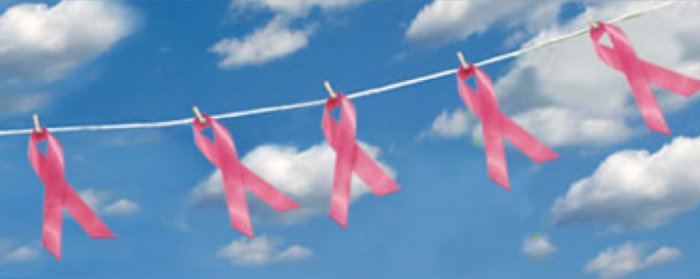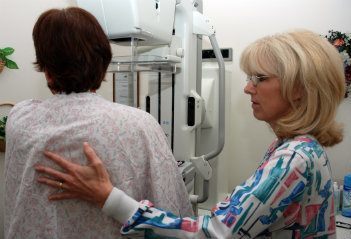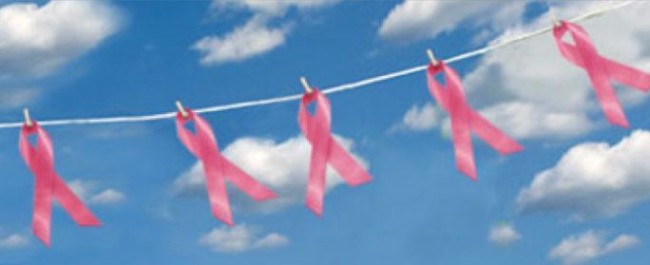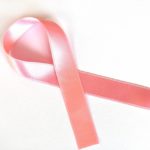Facts About Breast Cancer Genetic Testing
U.S.A. case studies have shown that an average woman has approximately 12% risk of developing breast cancer during her lifespan. Most of those who develop the illness don’t have a family history of it. In the case of positive family history of breast cancer there might be a bigger risk of contracting the disease by the person related. Since the mid-90s genetic tests have been available to find out about in-built tendencies.
All it takes is a simple blood test which will spot abnormalities in the genes in question.

The Genes That Are Related To Breast Cancer
There are many genes related to breast cancer, some of which are the following:
- ATM
- BARD1, BRCA1, BRCA2, BRIP1
- CASP8, CDH1, CHEK2, CTLA4, CYP19A1
- FGFR2
- H19
- LSP1
- MAP3K1, MRE11A, NBN
- PALB2, PTEN
- RAD51, RAD51C
- STK11
- TERT, TOX3, TP53
- XRCC2, XRCC3
Nevertheless, most of these are either “low” or “medium penetrance”, meaning that their mutation would influence little or moderately, breast cancer development tendency.
Women who show abnormal modifications in their BRCA1, BRCA2 or PALB2 genes might have as high as 80% risk of developing breast or ovarian cancer. These three are considered to be “high penetrance” genes. Their regular job is to maintain normal growth of breast cells and to suppress tumor development; once mutated they might fail to do so.
How To Go About Testing For The Gene
Testing is mostly done from a simple blood sample, which is then sent to a research facility or to a commercial lab. Most people choose the commercial lab option.
Research laboratories are likely to conduct the test for free as well as anonymously. However, their results might often be limited, or they might ask for a few other family members to participate. In addition to that, the results might take a very long time to come back, months or even years.
In the U.S. several labs do commercial genetic testing and these include: Myriad Genetics, GeneDx and Ambry Genetics. Normally, you will get results within two to four weeks. You can choose to be tested for multiple genes related to breast cancer or only for BRCA1, BRCA2 or PALB2. The costs will range between $300 and $5,000, depending on the kind of testing done. Different testing methods spot different mutations. Most genetic abnormalities are detected by gene sequencing. However, large mutations within the genes or their re-arrangement, can’t be detected by such a method. That is why wide-range gene mutation testing is beneficial.
Unfavorable mutations of PALB2, BRCA1 or BRCA2 might induce a hereditary cancer syndrome.
Who Will Contract The Cancer?
Most occurrences of breast cancer do not follow inherited aspects. These cancers have to do with mutations in the breast cells, and mutations in somatic cells are acquired during an individual’s lifetime and depend on environmental and personal factors. These include different aspects such as:
- Age
- Gender
- Ethnicity
- History of cancer
- Changes in the breast tissue
- Hormonal and reproductive system activity
In spite of the fact that breast cancer is more common in women than in men, the deformed gene might be inherited equally from the father as it might from the mother. A person who inherited the mutated gene runs an increased risk of contracting breast cancer, but does not have the disease itself. Not all people possessing the mutation will develop breast cancer.







